Project Management Implementation Approach For A Multi-Generational Workforce
Embracing Five Generations in One Company: An Effective Change Management Strategy
In the modern workplace, for the first time in human history, five generations are working side by side. The evolution of the workforce is driven by employees choosing to work beyond the age of 70 and young people entering the workforce straight from school. Each generation has unique characteristics and differing approaches to work and change management. This presents a unique challenge for IT managers, CIOs, and directors when implementing new projects.
Successfully managing a multi-generational workforce requires understanding these differences and tailoring change management strategies accordingly. Here are the five generations in today’s workforce:
1. Generation Z (1997–2012)
• Digital natives, comfortable with technology.
• Prioritise financial stability due to student debt.
• Value meaningful work relationships influenced by digital communication.
2. Millennials (1981–1996)
• Largest workforce segment.
• Experienced the digital revolution and economic recession.
• Highly adept with new technologies and social media.
3. Generation X (1965–1980)
• Known for self-reliance and hard work.
• Often well-educated and financially responsible.
• Serve as a bridge between older and younger generations.
4. Baby Boomers (1946–1964)
• Strong work ethic and goal-oriented.
• Prefer face-to-face interactions.
• Adapted to technology later in their careers.
5. Silent Generation (1928–1945)
• Oldest workforce segment and still wanting to keep busy.
• Experienced economic adversity, leading to strong financial habits.
• Uphold core values and a diligent work ethic.
Generational Preferences and Change Management
Adopting change in a business environment doesn’t have to be complex for IT leaders. By leveraging the unique strengths of each generation, organisations can implement effective change management strategies. Here’s how to harness these differences:
Change Management through Gamification
Gamification is emerging as a powerful tool for engaging a multi-generational workforce in change management. By incorporating gaming elements, businesses can make change processes more competitive, enjoyable, and engaging. This approach fosters better interaction, creates a positive work culture, and offers numerous business benefits.
Frameworks and Strategies for Effective Change Adoption
While traditional change management frameworks provide a solid foundation, they must be adapted to include strategies that engage employees. Understanding the generational differences within the workforce allows leaders to leverage these insights for better outcomes.
Expertise and Professional Support
Consultancy firms like BEE Change Ltd. specialise in helping businesses navigate change management with multi-generational workforces. They offer innovative solutions, such as gamification, alongside practical tools and insights to ensure effective adoption of IT technology and software.
Workplaces are becoming more agile, with Millennials making up the majority of the workforce. However, recognising and understanding the contributions of all five generations is crucial for achieving successful change management.
By embracing the diversity within the workforce and applying tailored strategies, businesses can see faster, more efficient results and attain greater success.
We go through how to do this in our Build, Excite, Equip training courses, why not join our community today and take your step onto the project change leadership journey.
Try our Change Management Setting The Foundation Course for FREE today with the code:
WSFREEF4
Are you looking to understand why change management is important and how it can benefit your projects?
Gain a solid understanding of the foundational concepts and principles that drive successful change initiatives.
We recommend this course for anyone needing awareness relating to business change including senior management, programme management and project management offices.

